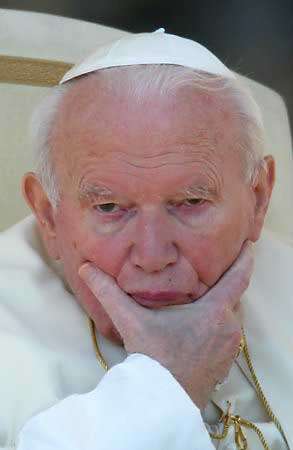The likelihood of us being here is an irrelevant question, because it has already occured. Any probabilities you seek to put on it (and then use them to argue "Hey, we're so improbable, we must have been created!") are meaningless. Statistically improbable things don't mean they're impossible.
You are correct, statistically improbable things are not impossible (one imagines the amazing improbability of you reading this post at this exact time when compared to all the other things you could have done). However, this is not what a typical design argument states. It's when an improbable event conforms to an independent pattern (such as a "royal flush" or the "requirements for life") that we are tipped off to intelligence of some sort.
If what you're saying was true, then we could continue the parody of poker;
"The likelihood of my getting a "royal flush" one hundred times in a row is an irrelevant question because it has already occurred."
The fact that it has already occurred doesn't rule out my cheating unless you have presupposed that I haven't cheated. In the same way, our current existence doesn't rule out design (tipped off to us via improbability conforming to the necessary requirements for life) unless you are presupposing that design did not occur.
Because that's the implication of "well, we don't know, so we'll say God did it"/God-of-the-gaps hypothesis.
- Typical arguments for Gods existence don't say "we don't know, therefore God", they usually go more along the lines of "the only way this is possible is if God, therefore God". For example, one does not argue that since we don't know how to cure all forms of cancer, it must be God, therefore God.
- Even if the arguments always worked in a god-of-gaps scenario, how is science any better? Wouldn't the claim simply change to "we don't know, therefore science"? Also note that at least the god-of-gaps has the possibility of being falsified whereas science-of-gaps is unfalsifiable (surely something which works against your own ideas of what a good theory entails?).
- If we take it a step further and assume that science-of-gaps is better than god-of-gaps, I still don't see why scientific investigation would stop for a theist. Surely one could continue pursuing science to discover "how" or "why" God had done things in a certain way. Or possibly even researching further to make sure they don't falsely attribute the supernatural to the natural in an effort to maintain honesty in responsible study.

